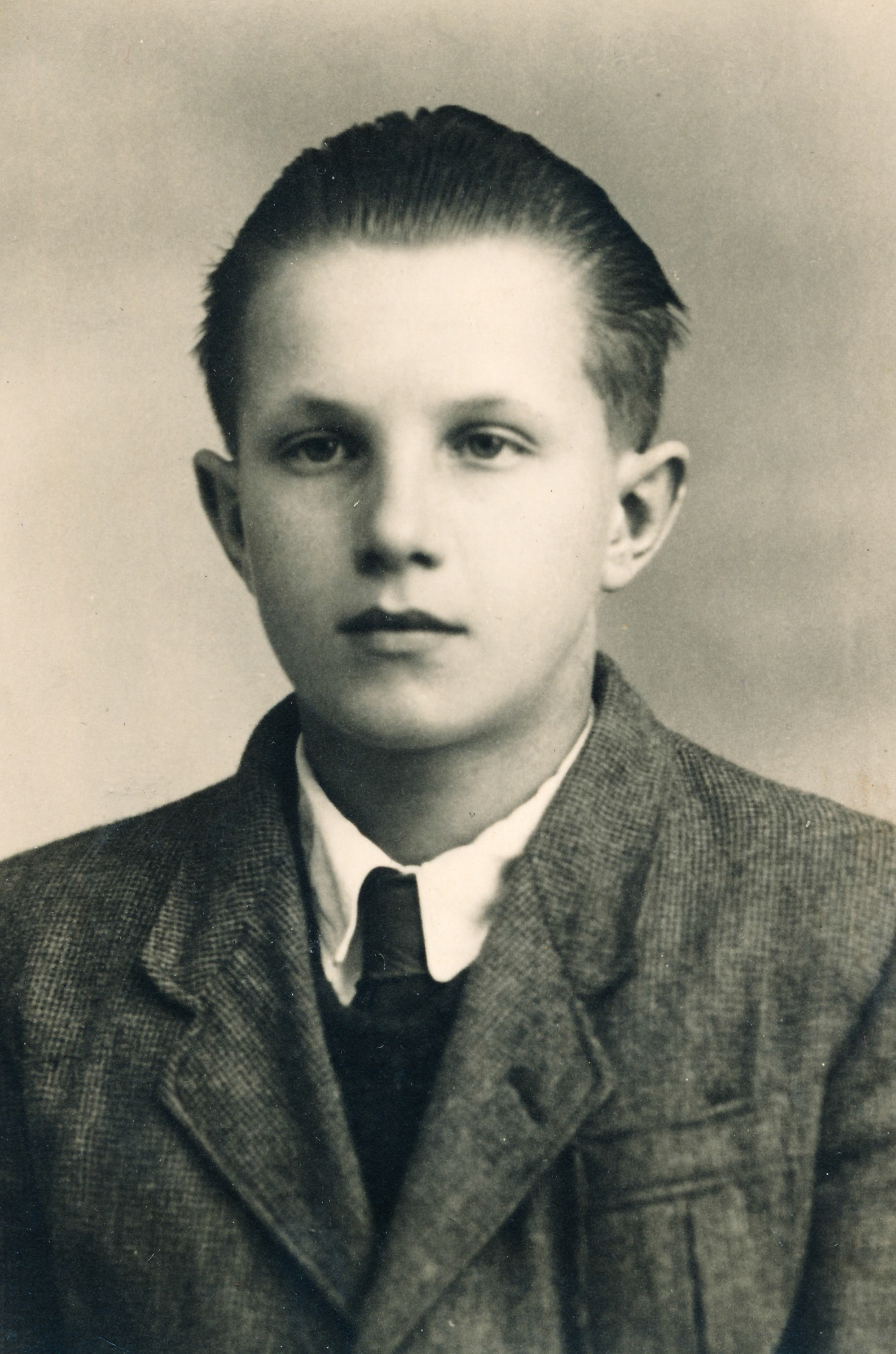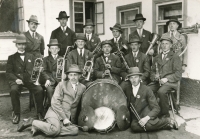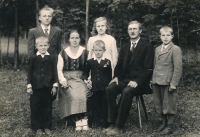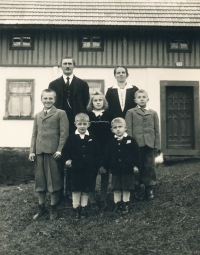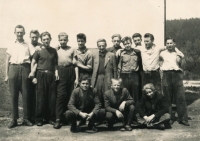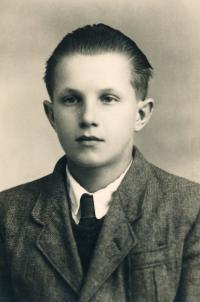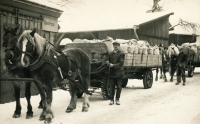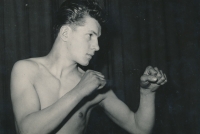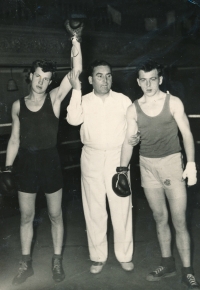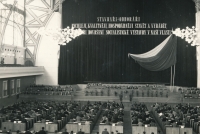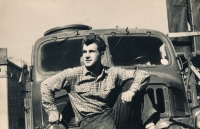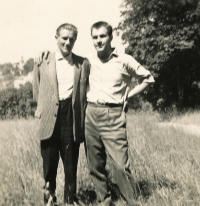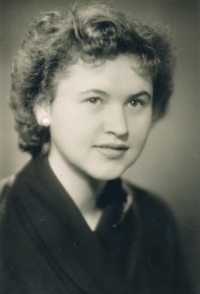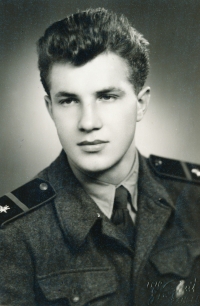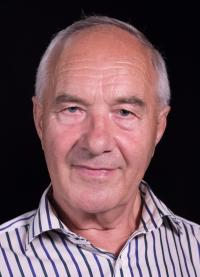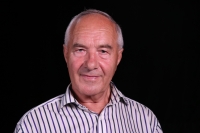“After that four of them came again, they would sit around the table and my father talked with them, I don't know whether in half-German, half-Russian, they were just able to understand each other a bit, and it took an hour before my mother cooked a soup for them, it took so long because there was no electricity in our house, then they got soup. Right in the beginning, the Russians, as us kids were also there, they produced handful of sugar from their pocket, they make these small piles in front of us and we would lick it. Probably they were Ukrainians or so, they weren't bad people after all, and as they were sitting there, after they ate the soup we, as children, wanted them to shoot in the air. And one of the Russians, after they had eaten, they wanted some booze which my father didn't have, and one of the Russians dissipated – as my mother went to milk the cows after she made the soup, so he followed her to a barn and there was this commotion, and as late as in Germany as I was driving my father, as he told me that one of the Russians was already on top of my mother and he pulled her out and shielded her with his body. And that man also shot in the air or in the ceiling in the barn and those other Russians, as they saw what was happening, they were rather keeping him from doing what he was doing, telling him that we gave them food, so in the end nothing happened really. And after that they left. And then again Russians came to our house, and I was home alone, I had to watch over the last son, Josef, he was three years old or maybe two years old, he was born in nineteen forty three, and he was lying in his bed and my parents were in the field with the others. And when they came, there were about three of them, I was so scared as I saw them banging on the door, they smashed through it and I run to the back, into a barn, I was afraid what would happen to Josef. They spent maybe five minutes inside, maybe ten minutes, they left, so I ran to see what happened, and I found Josef sleeping in peace in his bed, nothing happened to him, so I was so happy. So that was another thing that happened. Then this woman came to visit, an older one, and she told my mother that those three Russians were living in her house for three days now, she said that she couldn't stand it no more, and asked if she could sleep with us. So my father agreed, so after that the woman slept in our house. Right, or I saw as they... They kept asking my father about girls, where were the girls? And my father didn't want to tell them, he claimed that he didn't know. But I know that next to us there were some, one might be seventeen years old and the second maybe nineteen years old, so I remember as one of them.... Suddenly there was screaming and one of them ran out of the house, heading into the fields. And three Russians were after her, they knocked her down, they caught her, and my father made us go home so we wouldn´t see what was happening. So those were the things I indeed remembered, what had happened, how the women had suffered. When the Russians were there, during those maybe two weeks. And after they left, I know that everyone, or at least my parents, were so relieved. But in fact, it was much worse later, as the Revolutionary Guard came.”
